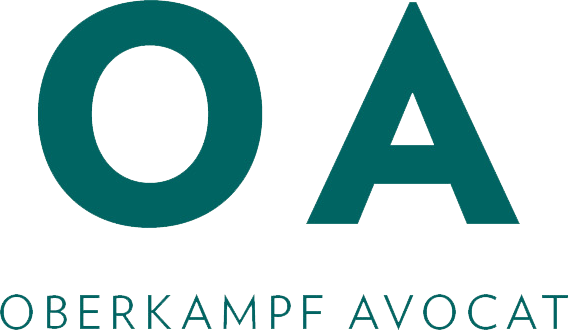Key highlights from January 2025 in the sustainability space.
1- EU presents “Compass” to regain competitiveness
On January 29, the European Commission published a “Competitiveness Compass”, a plan aiming to increase the European economy’s competitiveness by bridging the gap in productivity growth with other major economies.
Accordingly, the European Commission’s 2025 Work Programme will focus on innovation, decarbonisation and security to boost competitiveness. Proposed initiatives include promoting industrial leadership in sectors such as AI, advanced materials and biotech, launching an EU Start-up and Scale-up Strategy, a Clean Industrial Deal, an Affordable Energy Action Plan and increased clean trade and investment partnerships.
Five horizontal enablers will support these efforts: simplifying regulations, lowering barriers to the Single Market, financing competitiveness, promoting skills and quality jobs and better coordinating policies at both the EU and national level.
2-US corporations exit Net-Zero Banking Alliance and Net-Zero Asset Managers Initiative
Amid heightened ESG backlash from conservative lawmakers and the looming second term of President Donald Trump, major US banks and investment managers have exited the Net-Zero Banking Alliance (NZBA) and the Net-Zero Asset Managers Initiative. (NZAM) The departures include those of JPMorgan, Goldman Sachs, Morgan Stanley, Wells Fargo, and BlackRock, and they have left the alliances without participation from major US players. While the departees have all stated that they remain committed to their climate-related goals, how these claims will be reflected in practice remains to be seen.
The future of the UN-backed coalitions, which were established to align bank lending and investment activities with global efforts to fight climate change, is also uncertain. On January 13, NZAM announced that it is suspending its primary activities in the face of this changing political and regulatory environment.
3- France supports deregulation with Omnibus Package
On January 21, at the European Economic and Financial Affairs Council, French Minister of Economics and Finance Eric Lombard expressed support for significant deregulation at the EU level with the upcoming Omnibus Simplification Package, which aims to streamline the EU Taxonomy, CSRD, and CSDDD.
According to this position, which is shared by Germany, the package would entertain a significant reduction of obligations and a modification of applicability thresholds, effectively undermining the Green Deal. This marks a significant shift of policy on the part of the French Government, which has historically acted as a leader in favour of the European Green Deal and has been a pioneer in terms of non-financial disclosures. The new regulation is set to be unveiled on the 26th of February.
4- AASB and IESBA launch ethical sustainability reporting and assurance standards
On January 27, The International Auditing and Assurance Standards Board (IAASB) and the International Ethics Standards Board for Accountants (IESBA) launched integrated standards aimed at strengthening sustainability reporting and assurance practices. IAASB and IESBA will offer resources such as webinars, guidance documents, and feedback mechanisms to ensure smooth implementation.
While the IAASB’s sustainability assurance standard ISSA 5000 provides requirements to support the consistent performance of quality limited or reasonable assurance engagements, the IESBA’s IESSA provides a framework for ethics and independence requirements for sustainability assurance engagements.
The standards are expected to become effective from December 15, 2026, in the jurisdictions adopting the standards, while earlier adoption is encouraged. They are intended to apply to all sustainability assurance practitioners conducting sustainability assurance engagements, including those who use the work of an external expert in these.
5- Davos 2025: Key Developments
The 2025 World Economic Forum meeting in Davos, Switzerland, from January 20-24 saw significant discussions on accelerating climate and nature goals, emphasising safeguarding the planet as a critical priority.
The session saw the announcement of the creation of the world’s largest protected tropical forest reserve, the Kivu-Kinshasa Green Corridor, but was also marked by the wildfires that were ravaging Los Angeles as the conference was ongoing. A key point of discussion in this regard was the risk of insurance deserts created by the withdrawal of coverage in the event of natural catastrophes in specific geographies, such as the situation in LA. This was addressed in a white paper on the topic of insuring against extreme heat.
Another key focus was the interconnection of carbon, biodiversity, and water markets, encouraging integrated environmental strategies. For example, Singapore’s President Tharman Shanmugaratnam proposed linking biodiversity credits with carbon markets to promote more comprehensive environmental conservation efforts.
- Content prepared with the help of Defne Fresko Tasci.
